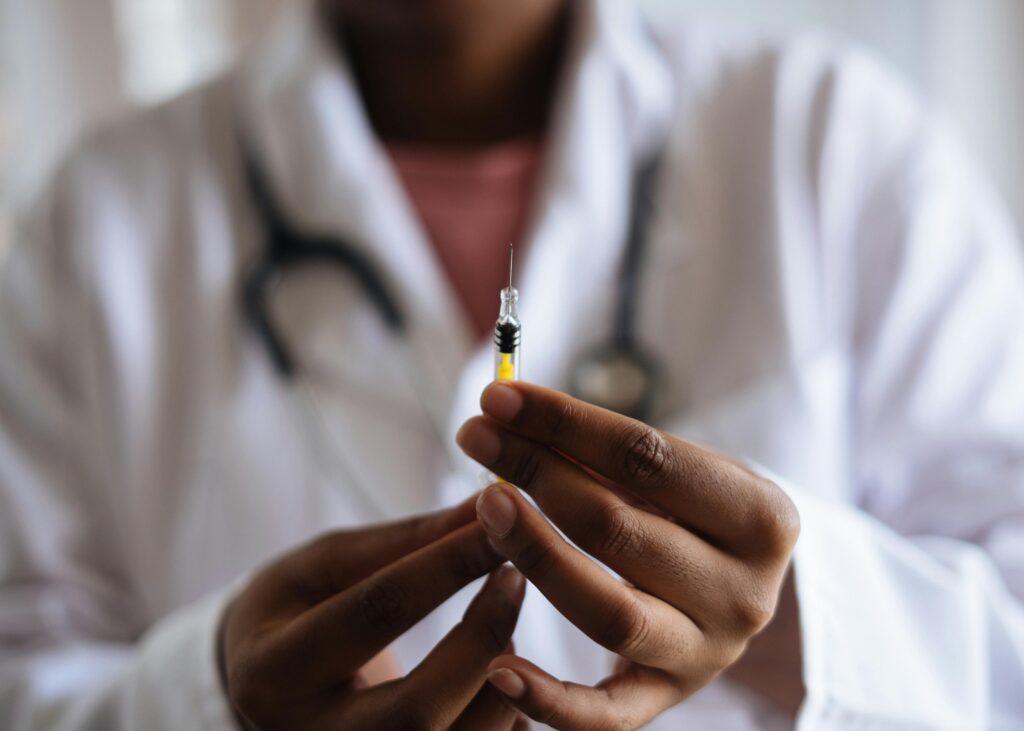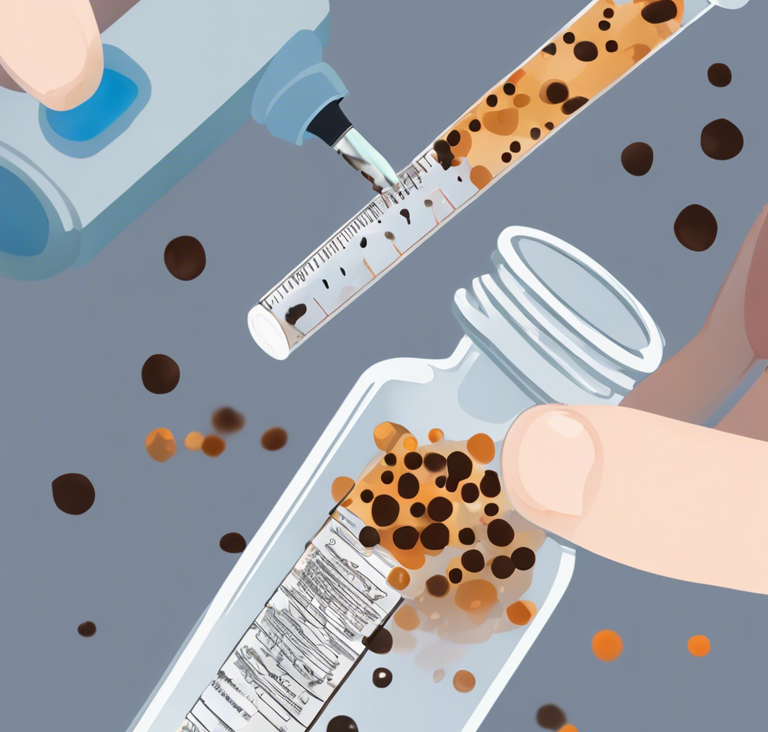Introduction to the Mpox Outbreak
These days, the crunch of Mpox viral infection is increasing in India and has rapidly spread to many regions. The Indian government has finally responded to the alarm bells, increasing testing and hospital facilities as needed along with dynamically tracking new cases. This article, we are writing today will shed insights on the Mpox outbreak in India and how government has responded to it overall what does that mean for public health in general…
Read: What is Mpox? — Earning an income in Metapurse
Monkeypox is a viral disease caused by Monkeypox virus, that occurs in most of Central and West Africa. It is perhaps a little less severe than smallpox. Symptoms of the disease include fever, headache and muscle aches; followed by an eruptive rash that can rapidly spread over the body.
While Mpox has been restricted to Africa, where infection rates in central and western areas have reached epidemic proportions over the past few years, new cases are emerging elsewhere – especially India. The looming health scenario is alarming. Due to the fact that it spreads mainly through close contact with infected animals and human, this makes Ebola quite contagious in urban settings or areas of high population density.
Present Scenario — Mpox Outbreak In India
Health authorities in India are concerned about the Mpox outbreak that has spread rapidly and can result into large public health consequences. This has already resulted in suspending operations across multiple states where incidents have been reported.
Key Statistics
- Mpox has infected more than 500 people, according to the latest reports in India alone (across multiple states);
- High-Risk areas: Urban centres in cities like Maharashtra, Delhi and Kerala have been identified as high-risk areas because of their higher population densities.
- Brutal Deaths: Although the mortality rate of Mpox is low, it spreads quickly and may have dire consequences for those with pre-existing conditions.
GOVERNMENT RESPONSE EXPANDING TESTING & HOSPITAL FACILITIES
The Indian government has taken several important steps, including measures to contain the ongoing Mpox outbreak and ensure that those who are infected receive appropriate care.
Increased Testing Capacity
The first measure that the government started to implement was increasing testing in various parts of India. Authorities are using the new centres to identify people early, link them quickly with vaccination if needed and isolate those infected in high-risk areas.
- Rapid Testing Kits: The government has introduced rapid testing kits to diagnose suspected cases quickly within a few hours. The testing kits are now available in the urban and rural areas.
- Mobile Testing Units: Authorities have deployed mobile testing units in remote and underserved areas. These units conduct testing and provide immediate results, ensuring that no region is neglected in the fight against Mpox.
Hospital Preparedness
Hospitals are also being ready to handle the expected spike in cases as a patient bedding shortage has led officials to put tents outside some health facilities.
- Designated Mpox Wards: Hospitals in key cities will now have separate wards for treating patients suffering from the disease. Hospitals maintain these wards separate from other areas to prevent cross-contamination.
- More Beds: The government has ordered an increase in hospital bed capacity, especially in high-risk regions. This directive aims to ensure that every patient receives the necessary care without overwhelming the hospitals and healthcare system.
- Training of Health Care Workers: Trainers are actively educating healthcare workers across the country to recognize and manage all Mpox cases. This involves the training of how to recognise symptoms, provide treatment and handle the isolation of patients.
Public Health Safety Measures You Need to Know
The government has also laid down guidelines for the public which will help in reducing the transmission of Mpox. It is important to take these steps if we are going to get this pandemic under control and save the high-risk groups.
Personal Hygiene and Safety
The government is urging people to maintain good self-hygiene and avoid exposure to the virus in places where there’s a possibility of contracting it.
- Wash your Hands: Regular hand wash with soap and water, especially after possible contaminated surfaces.
- Senior Safety: Hand Sanitizers – When you can’t wash your hands, use a hand sanitizer with alcohol.
- Stay Away: Do not have close contact with people who show signs of Mpox-like fever and rash.
Quarantine and Isolation
The government has enforced protocols barring those who tested positive for Mpox or had been in contact with the carriers from crossing borders to contain its spread.
- Home Isolation (for mild symptoms): If you have Ebola but aren’t showing many symptoms, it’s important to stay home. Healthcare workers will keep an eye on you.
- Government Isolation Centers: Arranged by the government for those with severe symptoms or unable to isolate at home. People with Ebola can go to these centers for treatment and care until they’re not a risk to others.
The Importance of Vaccination

Though no particular Mpox vaccine currently exists, the smallpox vaccine provides some protection from this virus. The government is also looking at possibly using its supplies of the smallpox vaccine to protect people in areas where bird flu has surfaced.
- Vaccine Availability: India is in talks with international health bodies to procure the smallpox vaccine. Possible applications of these vaccines will be as a vaccine for frontline healthcare workers and people who live in high-risk locations.
- Public Awareness Campaigns: The government will roll out public awareness campaigns to inform the people about vaccination benefits and encourage High-Risk groups for Vaccination.
International Impact: Where India’s Response Sits in the Wider Context
Other countries and international health organizations are following India’s handling of a White Monkey Disease outbreak. The approaches adopted here may facilitate as a template to support the management of outbreaks in other areas.
- Available data: The government of India has partnered with the World Health Organisation (WHO) to closely monitor the numbers. This partnership informs global health authorities and enables them to coordinate a response to contain the outbreak.
- Drawing on Experience: The country is applying lessons from managing prior pandemics like COVID-19 to shape its response against Mpox. These lessons learned from the past experiences are influencing current strategies to make this response even better.
Conclusion: Keep Informed and Act
The current Mpox outbreak in India poses a major public health problem. However, authorities can manage it effectively by implementing several measures. The government’s swift response includes expanded testing and increased hospital capacity. Encouraging public health measures is also crucial. These steps are necessary to curtail virus transmission.
In these extreme conditions, please make sure to follow the advice provided by health authorities in your country and keep yourself informed. We can prevent that and preserve the lives of our communities if we work together.


